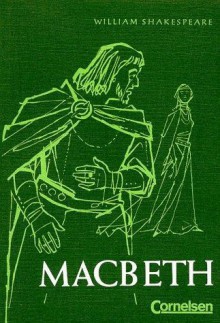
In this article we focus on some of the top Portuguese foods and their Portuguese recipes. Traditional Portuguese cuisine is mainly based on seafood, meat(especially pork) and fish which they grill, fry or cook in casseroles or stews. Their customary side dishes are rice, simple salads and potatoes. Portugal is also well known for sweet and rich desserts. Below are top foods with recipes that you can try.
- Arrozdoce
The Portuguese are known for having a sweet tooth and their local pastry shops and bakeries are always stocked with delicious delights. Many local desserts are based on eggs and are creamy sometimes nonetheless they are sweet and rich. Enjoying desserts based on eggs after meals is quite common. Watch out for leitecrème: it is an egg custard that has a hard topping of caramel just like crèmebrûlée. Another one is the Arroz Doce which is a pudding made of rice. It can be made using condensed milk or even eggs but must always be flavored using cinnamon and lemon.
- Bacalhau
This national dish is made of salted and dried codfish which normally gets soaked in water or milk before it is cooked. Bacalhau has been a meal for Portuguese ever since their fishing boats brought this particular fish from Newfoundland in the 16th Century. This fish is so popular that it is referred to as fiel amigo (faithful friend). Bacalhau has many variations like; Bacalhau com natas (baked in cream), Bacalhau com todos (cooked with carrots, potatoes, egg and cabbage), Bacalhauà bras (stir fried with eggs, onions, shredded potatoes and black olives topping.
- Caldoverde
Soup dishes are a common addition to Portuguese meals. While bread, cold tomato and fish soups are common, Caldo Verde is the most popular. It comes from Minho Province in North Portugal. This green soup only traditionally has five ingredients ;onions, potatoes, chorizo sausage, olive oil and thin slices of kales. Not only is it cheap, it is also the best comfort food. This beloved national food is easy to find in almost every part of Portugal. This soup goes well with broa which is Portuguese cornbread that has a crusty exterior and a very soft interior.
- Catalpana De Marisco
This is a famous sea food stew which gets its name from clam shaped pot made of copper known as Catalpana. This dish was introduced by the Moors when they arrived from North Africa to Portugal in the 8th century. Catalpana is the regional dish for the Algarve. Although ingredients may vary around the country the dish normally have shellfish, white fish, chilli, red peppers and onions. All these are combined in the Catalpana then it is closed firmly before ingredients are steamed to perfection. This stew can be served with a side of fries, crusty bread or rice.
- Cozidoà Portuguesa
This rustic stew is a definite try for all meat lovers. There are many variations of this meal in the country but it commonly has; pork, beef and also an assortment of smoked sausages like; alheira, farinheira, morcela and chouriço. This meal may also consist of various bits of animal like a pig’s foot or ear with carrots, cabbage and potatoes added in it. All these ingredients should be cooked in one pot with ingredients being added at various times.

 Log in with Facebook
Log in with Facebook 




















